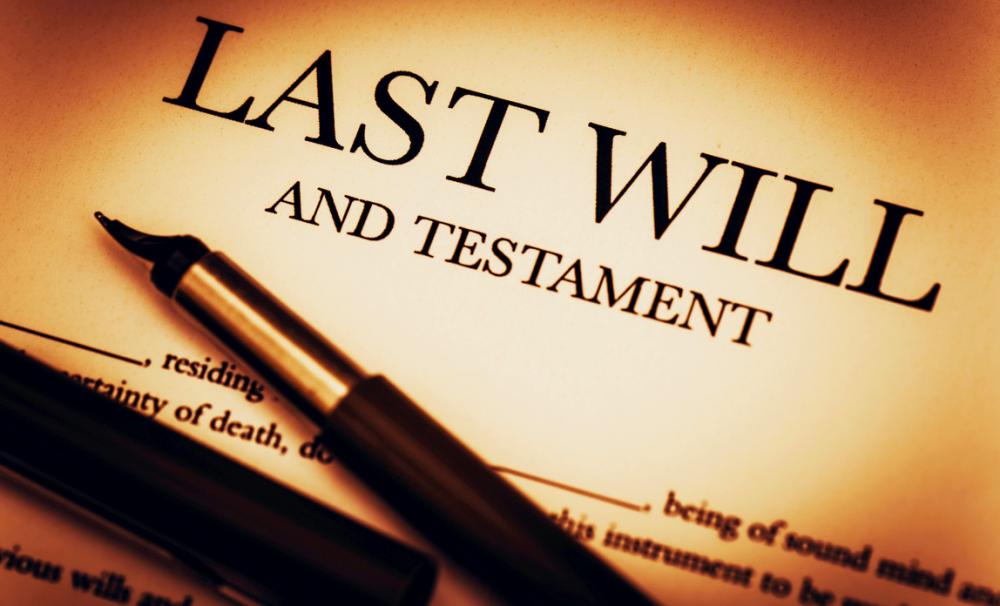What is a Will?
A Will is a legal document that allows you to set out instructions regarding the persons who will inherit your estate, how you would like to be buried, and anything else you wish done after you die.
In a nutshell, a Will includes everything you wish, such as the funeral you want, how you would like your possessions to be distributed, your wishes, and anything else. Legally, you can write the Will yourself. However, if you have a complicated estate or require help, you can seek the services of an experienced solicitor.
According to research, about 60% of people do not have Wills. The problem with not having a Will is that when you die, your estate will be distributed according to strict rules. This means that people you do not care about may lose out.
Why Should You Make a Will?
1. Giving You the Final Say Regarding Your Children’s Guardian
Writing a Will does not only involve the division of your estate, you also have the power to mention who will look after your dependents. You can appoint a legal guardian if your dependents are under 18 years old. If you do not include this in your will, the family courts make the decision. This means that your dependents may be given a legal guardian with whom you do not agree.
2. Ensure Your Children are Financially Provided
Aside from saying who will raise your children, you can plan for your children’s future financially. That can be anything, such as putting some funds aside for their edification, ensuring they collect a specific amount every month for their extracurricular activities like hobbies or creating a bubble to purchase a home. You may even consider setting up a trust.
All this gives you an element of control when you are not there. The good news is that there are two ways to set up a trust. One of these methods involves establishing it while you are still alive or leaving instructions for it to be set when you pass away. To know more about trust funds, go through our guide on Will Trusts. You will learn a whole lot, including how different types of trust work and their costs.
3. Provide for Your Dependents
When discussing dependents, it does not always refer to your children; it can also refer to other people. For example, if you have stepchildren who are a big part of your life, they are also your dependents. If you die without a will, the state will only distribute your estate to your spouse or blood relatives. This eliminates other family members, like stepchildren.
Therefore, if you wish to provide for your children, you will need to write a Will that includes them. This also goes to foster children and other dependents.
4. Protecting Your Partner (For an Unmarried Spouse)
According to the law, unmarried partners are not entitled to anything from your estate, unless there is a legal document that links both you and the other partner. For example, a child is related to you through a birth certificate, and a partner is linked to you through a marriage certificate. However, what if there is no marriage certificate?
Well, a Will is a legal document that shows you know your partner and are willing to include them in the inheritance.
5. Safeguard Your Family
Suppose, your family house is in your name. In that case, your unmarried partner, stepchildren, or foster children are not considered family and cannot inherit your property, unless you have something to say about it. This means that they may lose their home if they do not have a Will.
Are you planning on leaving a legacy for loved ones? It’s important to have a plan in place before death strikes. Solicitors in Surrey can help you create an effective will, if you’re living in Surrey.
6. Prevent Disputes
The sad truth is that dividing up an estate sometimes brings up disputes and arguments, especially when there is no Will. Take note: contesting a Will can be damaging to relationships in your family and may be expensive. A well-prepared Will can prevent all arguments.








Comments